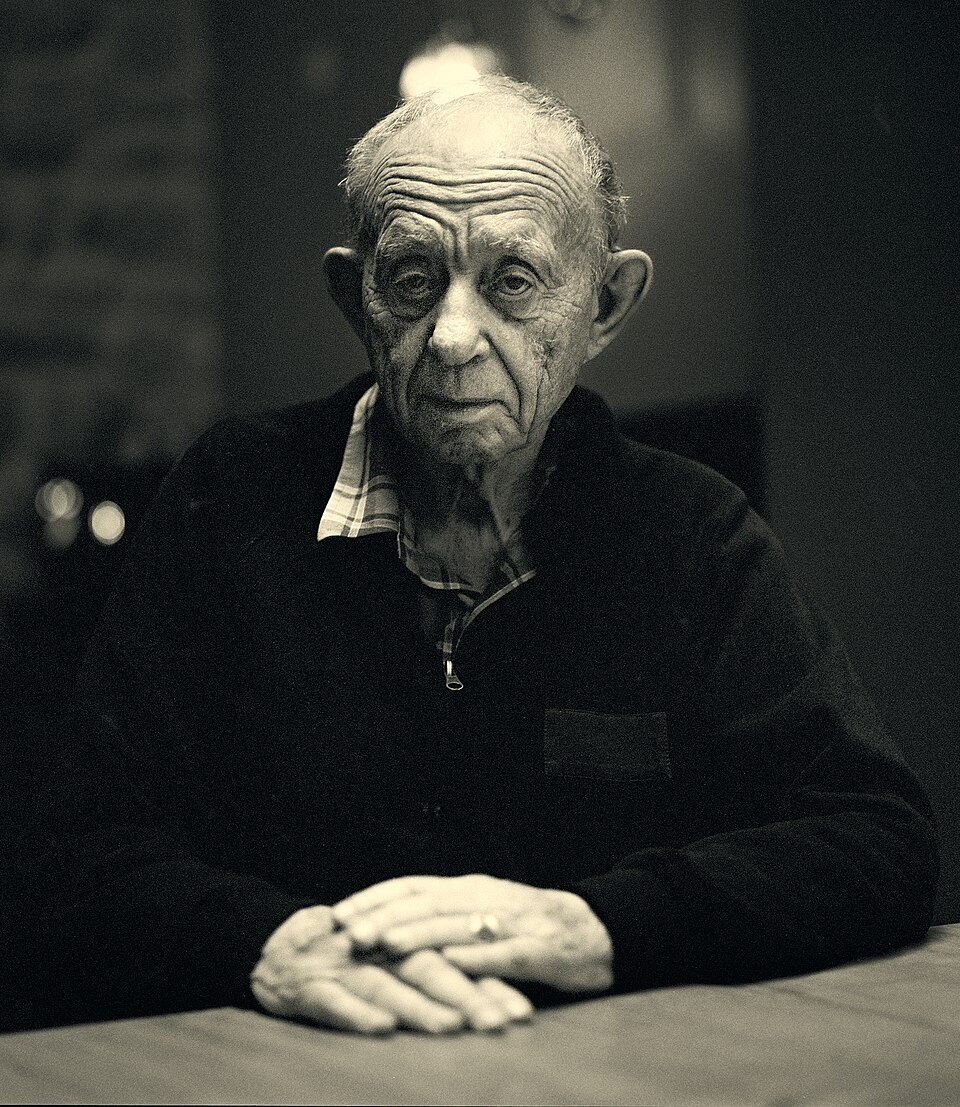I Say A Little Prayer
September 28, 2018
As a survivor of sexual abuse which took part during my high school years, I have dreaded and awaited this Thursday as soon as I knew September 27 would be the day Dr. Christine Blasey Ford would testify. I had just turned 13 years old in October 1991 when I watched the despicable and abusive interrogation of Anita Hill. I remember how badly those 14 white men on the Senate Judiciary Committee treated Professor Hill, and I think about the young people listening or watching Dr. Ford and Supreme Court nominee Brett Kavanaugh’s testimonies this Thursday. Regardless of partisanship, this moment will be an indelible memory for many of our nation’s youth, especially tweens and teenagers. How we talk with our children about sexual assault and today’s testimonies will have lasting effects.
When I attended journalism school in the late 1990s, the debate raged on about whether women who alleged rape were required to have their names published. I recall being adamant then that accusers had nothing to be ashamed of; they did not “deserve” or “ask for” rape or sexual assault. The accused should be the ones who were worried while going through due process of the law, but I had also seen the 1988 film The Accused, which was loosely based on the 1983 gang rape of Cheryl Ann Araujo. Bystanders, in both art and life, watched what happened and did not intervene.
There have been so many moments in my lifetime where I watched what happened to the brave women who spoke up. I have wrestled with my silence over my own abuse for decades, and I do not condemn myself for it—I did what I had to do to be here now. As one of my favorite musicians Neko Case tweeted earlier this week, “Wouldn’t it be cool if we didn’t have to share our rape stories to legitimize ourselves and our human rights and our work?” Yeah, to paraphrase Matthew McConaughey in the film Dazed and Confused, it would be a lot cooler if we did not.
Needless to say, I have been more than a little anxious for myself and Dr. Ford. But I remind myself of the strength and resiliency of survivors, too. As Jessica Winter, executive editor at NewYorker.com, wrote on Twitter, “‘I endured it. It was fine.’—women, everywhere, always, forever.”
Across the nation, women and men who have survived sexual traumas are hopefully taking it easy on themselves, this week especially. Family and friends, I pray, are supporting loved ones who shoulder heavy burdens and are hurt again by having to revisit wounds that never entirely heal. There are calls on Twitter to thank Hill and Ford, to take breaks from social media, and for men who have never endured sexual assault to please be quiet and just listen to those who are having a tough time.
Thankfully, my hard day has been mitigated by the brightest light I have ever encountered, my young daughter. She is better than caffeine, and resoundingly better than our collective past. Watching my 1-and-a-half-year-old daughter wake up happy, refreshed, and so innocent is the highlight of my day. She is fearless, walks with pep in her step, and her hand on her hip, and this morning she brought me her Little Feminist board books to read.
I felt both pride and sadness at her choice as I read, “Maya Angelou wrote and said we all have a story,” or “Gloria Steinem marched and said that girls will be heard.” I sang to her after we read, “Frère Jacques” and then Aretha Franklin’s “I Say A Little Prayer.” She kept signing for “more” singing by putting the tips of her fingers together. I kept singing and she kept signaling, and I could have easily have stayed in that call and response had work not beckoned. Instead, after a few renditions of each song, I kissed her sweet baby face, pulled the dinosaur shirt over her head, and laced up her hot-pink high tops.
So, today I pray she will never have to experience what Professor Hill or Dr. Ford or I or innumerable people have endured in their lives. I pray the parents of young boys will talk with their sons about speaking up, being allies, and understanding the critical role of consent. I pray we all become better than the circumstances that led us to Thursday’s testimonies. And, as Professor Hill said of the Kavanaugh confirmation process, “Access to equal justice for all is what was at stake in 1991, and it’s what’s at stake now.” So, tonight, like many nights, I will pray for justice, too.





